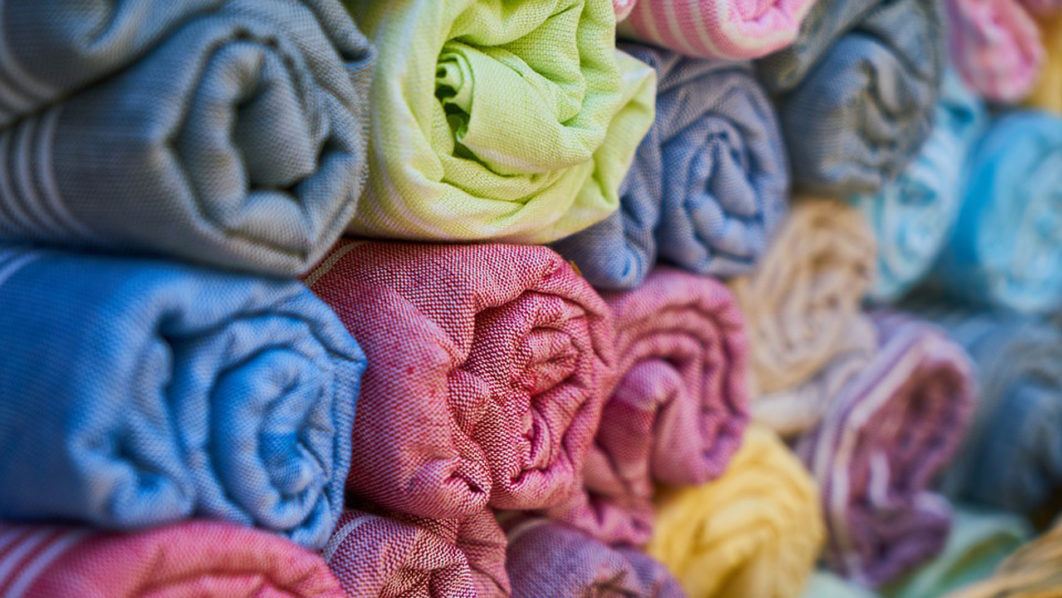
Thousands of textiles workers trooped out in Kaduna, yesterday, to protest the planned sale of the comatose Kaduna Textiles Limited (KTL) by the 19 Northern governors.
From the factory in Kakuri, where they converged, the workers’ union took their protest to the streets, denouncing the decision of the governors to sell the factory.
Addressing the workers, Chairman of the Nigeria Labour Congress (NLC), Kaduna chapter, Ayabu Suleiman, said: “Today, we have come to sound it loud and clear that the Northern governors should not make the mistake of selling the Sardauna of Sokoto’s legacy, the KTL, that provided employment to youths in the North.
“As we mark the International Decent Work Day, we are calling on the governors to build on the legacy of the late Sardauna by ensuring that they revive the KTL, provide jobs for our youths. With this, the crime rate would be reduced and development would be brought to the North, again.”
Suleiman faulted the decision of the governors over the non-payment of 6,000 textiles workers, who were sacked after the factory was shut down in 2002.
He added: “Even after the court ruled that the sacked workers be paid N600 million as entitlements, the governors still remained adamant.
“The court said before you sell any of the property, the management must settle those who lost their jobs, about 6,000 of them.”
ALSO, as the world marked Cotton Day, yesterday, the President, National Cotton Association of Nigeria (NACOTAN), Anibe Achimugu, has sought international and local support for cotton farmers across the country.
He noted that improved participation in the business would create jobs and push up the availability of the product to competitive quantity and fetch the country more foreign currencies.
Describing cotton as one of the most common fabrics in wardrobes, Anibe argued that it represented much more than just a commodity.
According to him, the natural fabric is a life-changing product worldwide that sustains 28.67 million growers and benefits over 100 million families across 75 countries on five continents.
He said though “is important” to developed economies, it is a safety net for least developed and developing countries.
“If properly and generally embraced, cotton will serve as a major source of livelihood for many rural smallholders and labourers, including women, and would be a steady employment source and income to some of the poorest rural areas in Nigeria,” he explained.



